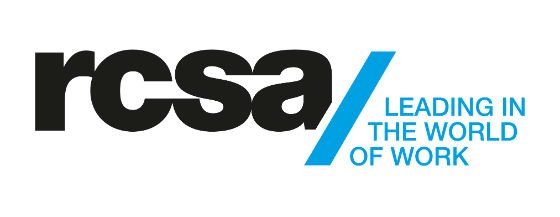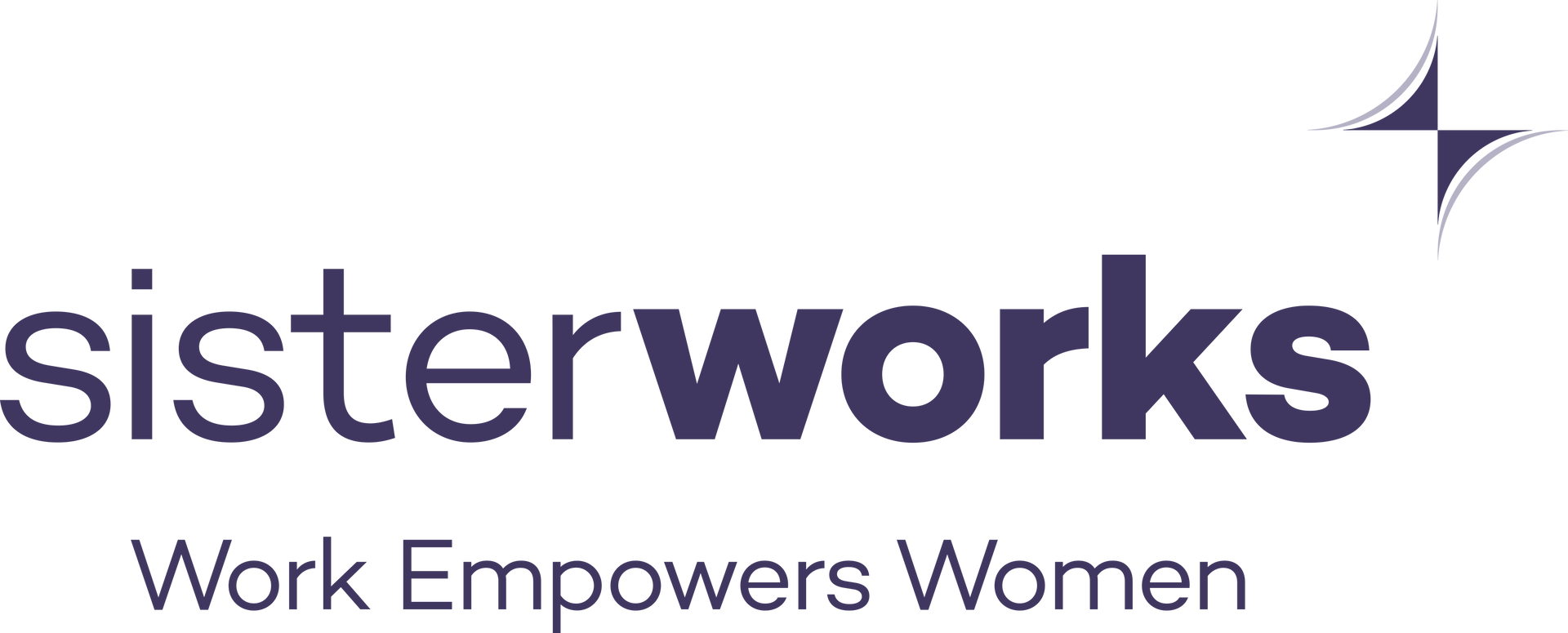Current Trends in Legal Recruitment in Melbourne, Australia
Current Trends in Legal Recruitment in Melbourne, Australia

In this article, we discuss the current trends in legal recruitment in Melbourne, Australia. Read on to discover areas of law in demand, prevailing market conditions and the areas of legal specialisation that are stabilising or even facing falling demand. This article is based on Legal People’s Partner Sharon Henderson’s recent presentation to ALPMA (Australasian Legal Practice Management Association) and is relevant to Practice Managers, HR leaders, Lawyers, and Legal Support Staff.
At Legal People we celebrated our 50th anniversary earlier this year. We were thrilled with such a significant business milestone along with the well wishes and kind comments from our extended community. Our 50+ years of legal industry recruitment experience makes us uniquely suited to provide industry and market insights relating to legal areas of practice in demand, market conditions and their impact on salaries and what our clients are doing to attract and retain talent. These insights are current as published in June 2024.
The Economic Climate
Understanding the latest trends in legal recruitment requires a wide lens view of the current economic climate and how it compares to the previous year. As we publish this article, the unemployment rate in Australia has risen slightly to 4% (ABS, April 2024) which is still lower than the central bank's full employment benchmark of 4.5%. In contrast, the pre-pandemic unemployment rate was higher at 5.1% in December 2019. This tight labour market indicates a robust demand for workers, including in the legal sector.
Inflation has decreased due to the numerous interest rate hikes over the past 18 months, though it remains above the government's target of 2-3%. According to LinkedIn research, this economic environment has motivated three-quarters of Australian professionals to consider changing jobs in 2024, primarily seeking higher wages and better work-life balance.
Recruitment Trends and Job Market Dynamics
The legal recruitment landscape has experienced fluctuations over the past few years. The first quarter of 2023 saw record-high job vacancies, which have since declined. Flexible job roles decreased by 14.7%, whereas permanent positions saw a marginal decline of 1.4%, reflecting employers' preference for securing and retaining scarce talent with permanent hires amid ongoing skill shortages.
Historical Context and Current Hiring Trends
Recruitment activity has mirrored broader economic events over the years, such as the recession of 2008/09 and the 2020 pandemic. Both periods saw significant declines in hiring. However, 2022 experienced a post-COVID hiring boom, with job ad volumes 30% above pre-pandemic levels. This boom was unsustainable, leading to a slowdown starting in 2023, which continues into 2024. Despite this, hiring persists, and unemployment remains low, with continued demand for legal skills.
Trends in the Legal Sector
First Quarter (Jan - March 2024)
The first quarter of 2024 was a period of stabilisation and shifting demand. At Legal People we are seeing that legal industry vacancy levels are aligning more closely with pre-COVID levels. We have also seen a shift in demand compared to previous years.
We cannot stress enough, that even though some of the heat has come out of the market, the legal industry job market is still holding up well.
We are still experiencing a candidate tight market and quality candidates often receive multiple offers and are weighing up benefits, company values, leave policies and overall employer reputation.
Post-April 2024
The legal industry in Australia is undergoing a period of continued growth. According to ALPMA’s recent salary survey, 56% of Australian Law firms still plan to grow their employee numbers in 2024.
Strong Demand
We are seeing strong demand for Lawyers in:
- Employment/Workplace Relations
- Family law
- Personal Injury
- Commercial Litigation
- In-House roles
Stabilising Demand
The areas of law we are seeing a stabilisation in demand include:
- Commercial Law (senior roles only)
- Construction
- Wills & Estates
- Insurance and Tax
Decreasing Demand
The areas of law we are currently experiencing decreasing demand for are:
- Property Law
- Litigation (senior level)
- Commercial (junior to mid-level)
- HR roles particularly at the Advisor/BP Level
Support staff roles in family, personal injury, employment, and litigation are increasing, while roles in property and conveyancing are declining.
Skills Shortages
There is a notable demand for insolvency lawyers and commercial litigation, particularly around the 2-5 years PAE level. According to ASIC’s data (as of March 2024) we have seen a 36% increase in the number of companies entering into external administration, with the construction industry having the highest number of company failures, followed by accommodation and food services. There were 50% less insolvencies in Australia during COVID, as many businesses were kept afloat via government stimulus packages and the Job Keeper program. During this time, new insolvency lawyers were unable to gain the usual levels of practical experience leading to a permanent skills shortage of insolvency lawyers with 2-5 years’ experience.
Salaries
Salaries are starting to stabilise for Lawyers, and we are no longer seeing the incredible increases in salaries that we did in the prior 2 years. Sign on bonuses have also dropped off too.
Legal Secretary salaries are stabilising too. Given the scarcity of experienced legal assistants, some of our clients are even looking at candidates from non-legal backgrounds or law students to fill their support roles (with a minimum of 12 months left on their degree).
Market stabilisation has meant that candidates are having to adjust their expectations in relation to massive pay bumps when changing jobs as this is no longer occurring.
Gender Diversity
There is a significant push for gender equality and increased diversity, driven by the requirement for firms with one hundred or more employees to publish gender pay gaps.
The demographics of the industry are changing. There has been a 53% increase in lawyers since 2011 and 55% of all lawyers are now female. Statistically, 86% of people entering the industry are female. Yet, despite the higher number of female solicitors, men still dominate leadership roles.
We encourage our clients to consider their current Partnership representation and the percentage of female Partners that they have. Our younger female lawyer candidates take significant notice of this and do comment if the female representation is low.
Generational Shifts
Generation Z, who will comprise approx. 1/3 of the workforce by 2030, have their own unique career requirements, as they expect different things from an employer than the generations before them. They seek alignment between company values and their personal beliefs with a strong emphasis on work-life balance.
Attracting and Retaining Talent
Given how tight the legal market has been over the past couple of years, firms are having to do what they can to attract and retain talent. We are finding that they are paying more attention to their succession planning strategies, including revamping their paid parental leave policies. Law firms are focussing better on what they can offer a new employee, through their EVP, their perks and benefits, providing more detailed information in their job briefs, about the team structure, the career progression opportunities and the culture of the firm. Bigger firms are also considering re-introducing support staff traineeships.
Flexibility
Almost all candidates we deal with want to retain an element of flexibility. It is increasingly challenging to fill a role that requires a five day per week in-office attendance. Having said that, not many of our candidates want to work 100% remotely either. Most are happy with a balance. In our experience, most law firms have retained their flexible work practices. Approximately 80% of our client base are requiring a minimum of three days in the office and then two from home for professional staff.
For support staff, firms are doing different things. Some are pushing for five days in the office whilst others are doing 3/2 or 4/1 working arrangements. Support staff candidates are still wanting to retain WFH days. We are also finding that candidates are seeking some security around maintaining their flexibility.
The legal recruitment market in Melbourne is undergoing significant shifts influenced by broader economic conditions, legislative changes, and evolving workforce demographics. Despite challenges, opportunities for growth and the need for strategic talent attraction and retention practices remain critical. Law firms must continue to adapt to changing industry dynamics including balancing the needs of new generations, increasing numbers of female lawyers, and staff wanting flexible working arrangements and clear career development. To compete for and retain top talent, law firms need to ensure that they offer competitive benefits, flexible working conditions, and clear paths for career progression.
Should your law firm need help with their legal recruitment, or would like a confidential discussion about your next career opportunity please get in touch at [email protected]. We are specialists in the Legal Industry. We recruit Lawyers, Support staff and HR professionals in Melbourne, Australia.














